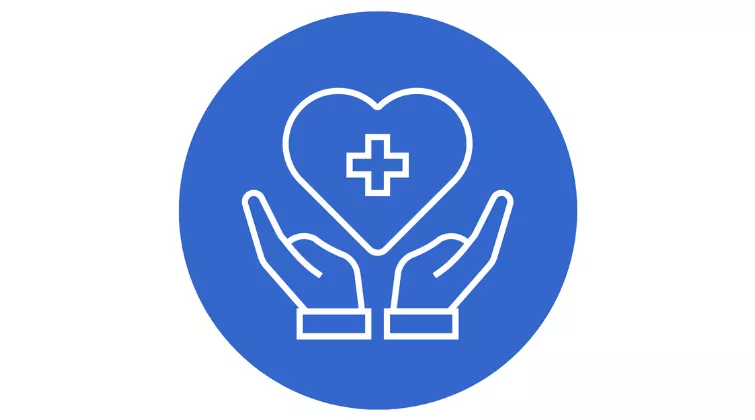
I was a trainee. Then burnout happened. A physical and mental exhaustion I cannot describe. Bitterness and resentment at the system. Frustration towards patients. I felt like a shell of the paediatrician I had been before.
Though I had some brilliant support - supervisors and mentors who took the time to understand my needs - I also experienced a deep shame. To access the deanery support systems, I was labelled a ‘trainee in difficulty’. Up until that point, I’d been making excellent progress, but here I was, suddenly othered and ashamed.
As one of the RCPCH Thrive Clinical Fellows, I have heard many stories of trainees who, like me, have carried the sense of failure and weakness associated with this term. Those juggling burnout, mental illness, chronic conditions or disability. Others with caring responsibilities, facing challenges with exams or concerns around clinical competence.
The phrase ‘trainee in difficulty’ quite simply lacks humanity. I’m not exactly sure what the alternative is. Perhaps simply trainee navigating difficult circumstances, trainee who deserves support, trainee with a chronic condition… Because words matter.
Up until that point, I’d been making excellent progress, but here I was, suddenly othered and ashamed.
This issue extends far beyond just trainees and highlights the importance of Thrive Paediatrics, a RCPCH project with paediatrician wellbeing and working lives at its heart. As part of the wider College work, we are shining the light on the way we frame and discuss wellbeing in medicine. This word can at times be used in a slightly tokenistic way and often means different things to each of us.
Ultimately, our aim is for paediatricians to thrive at work, to feel fulfilled and healthy with a sense of belonging and competence.
So I ask you to consider how you frame the challenges we face along our career journey, because let’s face it, we all have bumps in the road. Language matters.









